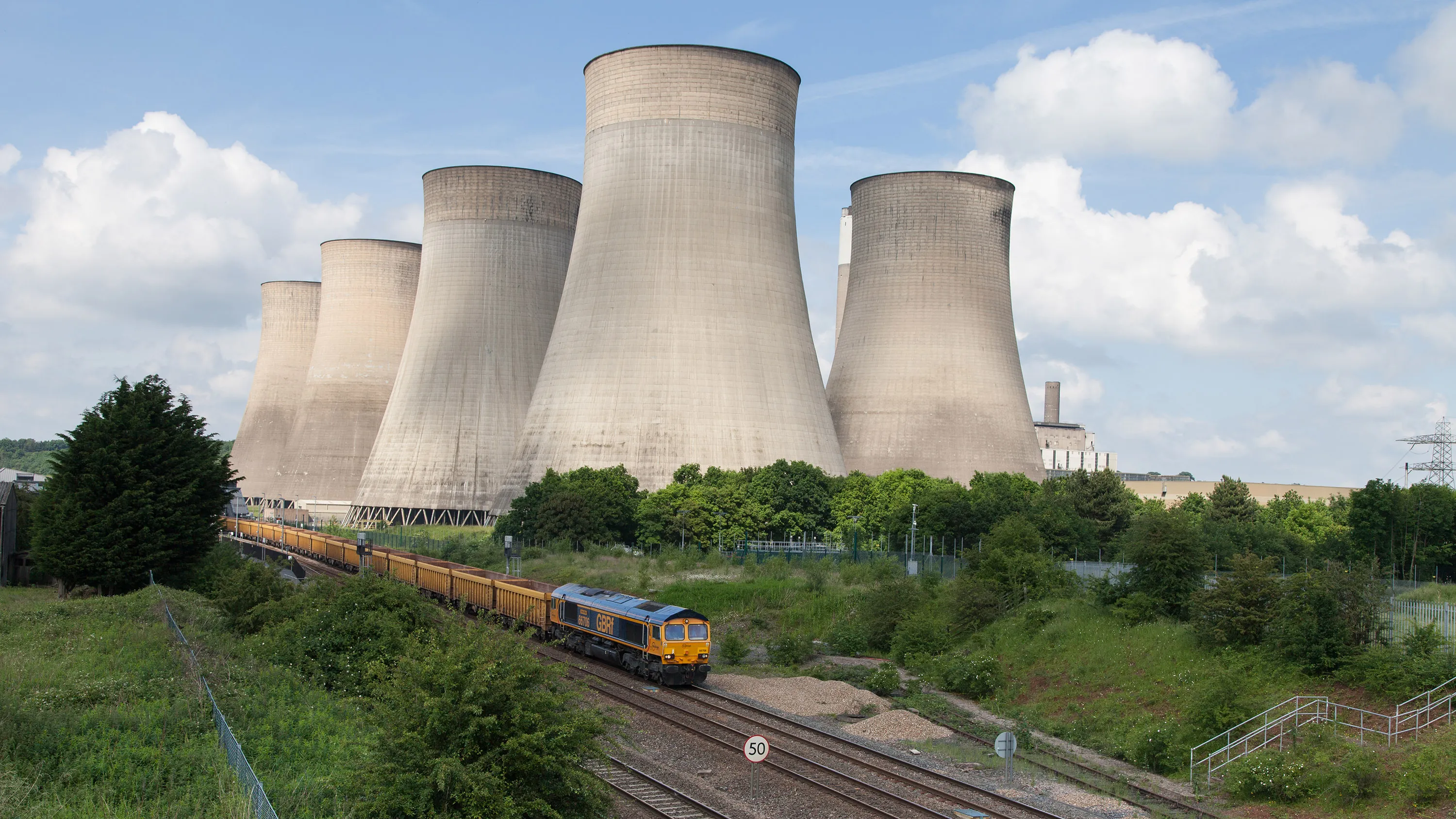Coal's Decline: The UK's Final Step Away from Fossil Fuels

Coal's Impact on the Environment
Coal has long been criticized for its negative effects on both the environment and public health. As nations strive to meet climate goals, reducing coal usage is imperative. Below are key points regarding its consequences:
- Greenhouse Gas Emissions: Coal burning releases large quantities of CO2.
- Air Quality Issues: Coal plants emit harmful pollutants, affecting air quality.
- Water and Soil Pollution: Mining and burning coal contaminates local ecosystems.
Global Reactions to the UK’s Move
The UK’s coal phase-out is a critical moment prompting discussions worldwide. Other countries are considering their energy sources and aiming for cleaner alternatives. The following nations are noteworthy:
- Germany: Shifting towards renewables, yet still reliant on coal.
- USA: Some states are reducing coal but face opposition in others.
- China: Although the largest producer, it's investing heavily in green technology.
The Path Ahead
As the UK sets an example, other countries are being urged to accelerate their coal phase-outs and embrace renewable energy technologies. The global community must bolster efforts for a sustainable future.
This article was prepared using information from open sources in accordance with the principles of Ethical Policy. The editorial team is not responsible for absolute accuracy, as it relies on data from the sources referenced.